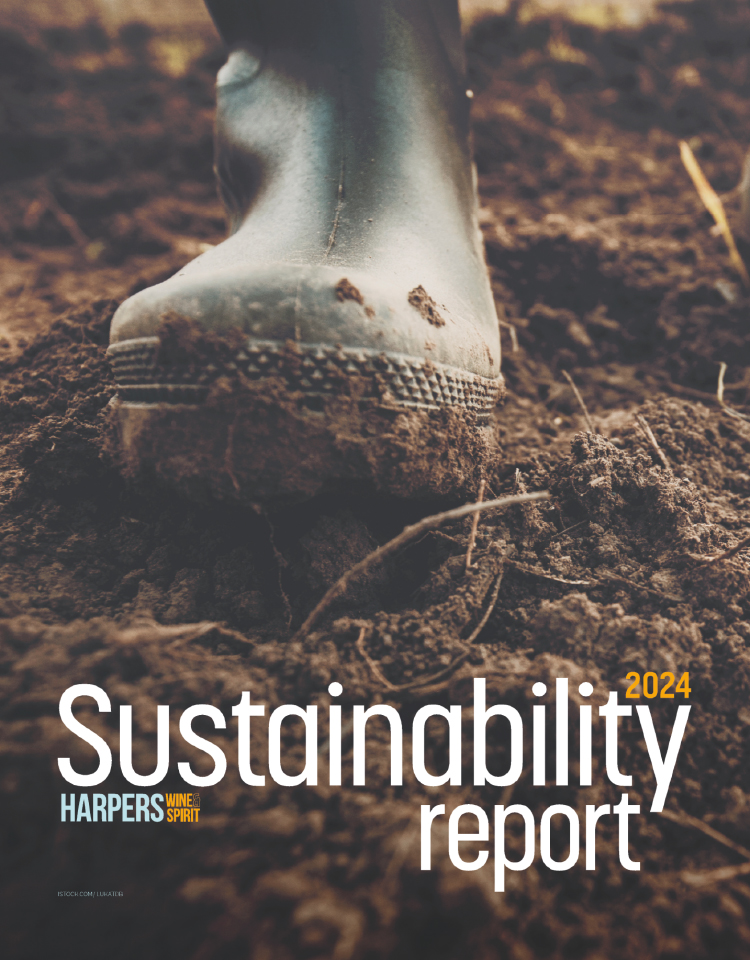
Coronavirus: Supplier responses to the Chancellor’s support measures
As the extraordinary complexity of the current situation fully sinks in, Andrew Catchpole discovers how those supplying the on-trade have reacted to the Chancellor’s support measures for businesses.
With the on-trade fast approaching complete shut down, drinks suppliers that service the hospitality sector are losing their customer base with equal speed. Following the raft of measures, amounting to £350bn of support in the form of tax cuts, grants and loans, announced by Rishi Sunak on Tuesday, there remain concern that those measures will fall short, on several fronts.
As Tory Christensen, CEO of Enotria & Coe says, “extraordinary times call for extraordinary measures”, describing the Chancellor as a “sympathetic figure facing an unprecedented exogenous impact”, and so early in his tenure.
However, Christensen fears that the rescue package as announced “falls short of its objectives”, firstly reasoning that the thrust of the measures – to support with rent, payroll or cost of stock – fails to address the single biggest cost, namely taxes on product.
“We collect and pay 8% more in tax than our total amount of product purchased,” said Christensen.
He also highlights the differences between the UK approach and that taken by President Macron of France, where government is picking up the bill from companies for tax, payroll and rent costs, rather than offering loans.
“The Prime Minister eliminated 100% of our on-trade revenue, but instead of eliminating costs, he offered to lend money to cover these expenditures. Most already have debt with provisions that would make this impossible,” says Christensen, calling on the Chancellor to move towards the French model to better protect trade workers and businesses impacted by social distancing measures.
Ben Henshaw, MD of specialist importer Indigo Wines, said he broadly welcomed the Chancellor’s measures, but would welcome more support for the on-trade, again along the lines of the approach in France, to ensure the on-trade emerges as intact as possible after the crisis passes.
“From our point of view the focus should be on helping restaurants and similar businesses to ensure they are not forced to close - covering rent, suspension of any VAT bills or business rates and cheap loans to help pay staff on roster,” said Henshaw.
“Ideally they will need more direct support like in France. Macron promised support for workers, and that utility bills and rent will be ‘suspended’ for small businesses. I think the government will also need to provide more direct help to people who either are laid off or won’t work for a couple of months and to the businesses that employed them.”
At importer Les Caves de Pyrene, director Doug Wregg has been left unimpressed, describing the measures as “too little and too late”, with a lack of clarity for businesses as to how support will be accessed and how soon, despite promises of as much money as it takes.
This hits on a key concern for many, namely that once staff are laid off, doors closed and cash flow to all stopped dead, it will be difficult for workers and businesses to survive in the very short term, devastating a trade that needs – somehow – to bounce back as much as possible sometime past the peak of the coronavirus situation.
“Businesses will have to throw themselves on the mercy of banks, landlords, councils and suppliers [and] I don’t see how the chancellor’s measures will compensate for the loss of cashflow in the hospitality industry. The horse has bolted; a lot of businesses have closed down already,” says Wregg.
He also highlights the knock on effect along the supply chain, as on-trade accounts close their doors, with drinks suppliers soon to “feel the cashflow pinch”, which will affect ordering patterns and the ability to pay producers.
Describing the upgrade in government advice on greater social isolation and not to visit on-trade outlets as having had a “sudden and dramatic impact”, bringing the London and wider on-trade to an almost complete halt, Mentzendorff MD Andrew Hawes is cautiously reasoned on how the recent supportive measures may help stave off the worst.
“The London on-trade business has come to almost a complete stop and one very much hopes that the even more recent supportive measures announced by the Chancellor will help to avoid a truly calamitous situation for the on-trade nationally, which would have enormous implications not only for our UK trade but also globally due to the continued importance of our market,” said Hawes.
One glimmer of light, though not of much comfort to the on-trade and those whose main business is with that sector, is that initial reports suggest the impacts are taking a different direction.
For major supermarkets, local independents and fine wine merchants, business appears to be holding up, for the moment, for the perhaps obvious reason that people will continue to drink wine and spirits at home, with some evidence of stockpiling too.
However, as Hawes said, “overall, clearly, it is early days in this unprecedented situation”. And, with events unfolding fast, with more developments certain and possibly more government support to come, it remains an unprecedented challenge for businesses in all sectors to stay level and attempt to steer through the worst of the crisis until some normality returns.
Keywords:
- wine
- On-Trade
- Spirits
- Restaurants
- Bars
- Business
- industry
- supplier
- drinks
- Government
- support
- chancellor
- measures
- drinks trade
- Rishi Sunk
- London UK





